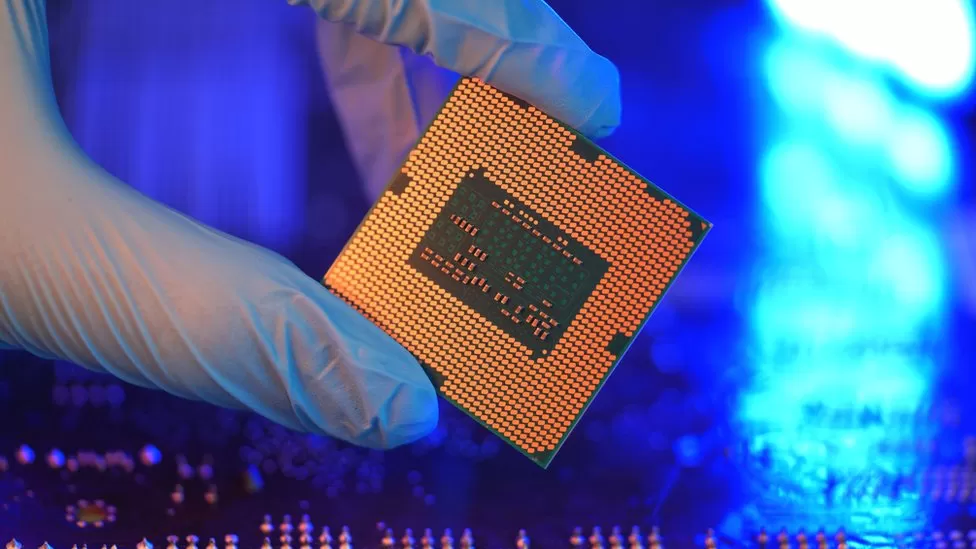Semiconductors: Dutch to restrict chip exports amid US pressure

A new set of rules has been announced by the Netherlands restricting the export of certain equipment used in semiconductor manufacturing.
As a result, the US has been pressuring China to reduce its purchases of computer chip technology.
Although the Dutch government did not cite this as a reason, it said it took the action for national security reasons.
Chinese officials responded that the decision was “not in the interests of any party” and would negatively impact chip production.
According to Mao Ning, China’s foreign ministry spokeswoman, it opposes the US’s abuse of export controls and its use of various pretexts to win over and force other countries to impose a technological blockade against it.
China and the US are engaged in an arms race over semiconductor supplies, especially supercomputing and artificial intelligence chips.
A $500bn (£395bn) industry has been created by these chips and is expected to double by 2030. It is believed that whoever controls the supply chains holds the key to becoming an unrivaled superpower.
The US slapped sweeping export restrictions on shipments of American chipmaking tools to China in October last year to prevent Beijing from using the technology for military purposes.
However, in order for the US restrictions to be effective, other key suppliers, such as the Netherlands, must join forces with it.
The Dutch government announced on 1 September that exports of “certain advanced semiconductor manufacturing equipment” would need to be approved.
ASML, the nation’s largest company and the world’s largest and most advanced chip maker, will be particularly affected by the move.
In a statement, ASML said it would “continue to comply with applicable export regulations, including those from the Dutch government, the European Union, and the United States”.
According to the company, the measures will not have a “material impact” on its finances.
According to Minister of Foreign Trade and Development Co-operation Liesje Schreinemacher, certain chips “can make an important contribution to certain advanced military applications”.
She added that the uncontrolled export of goods and technologies may pose a threat to national security. As with the export control policy as a whole, the Netherlands bears an extra responsibility in this regard since it has a leading position in this field. Like the export control policy as a whole, this additional step is country-neutral.”
